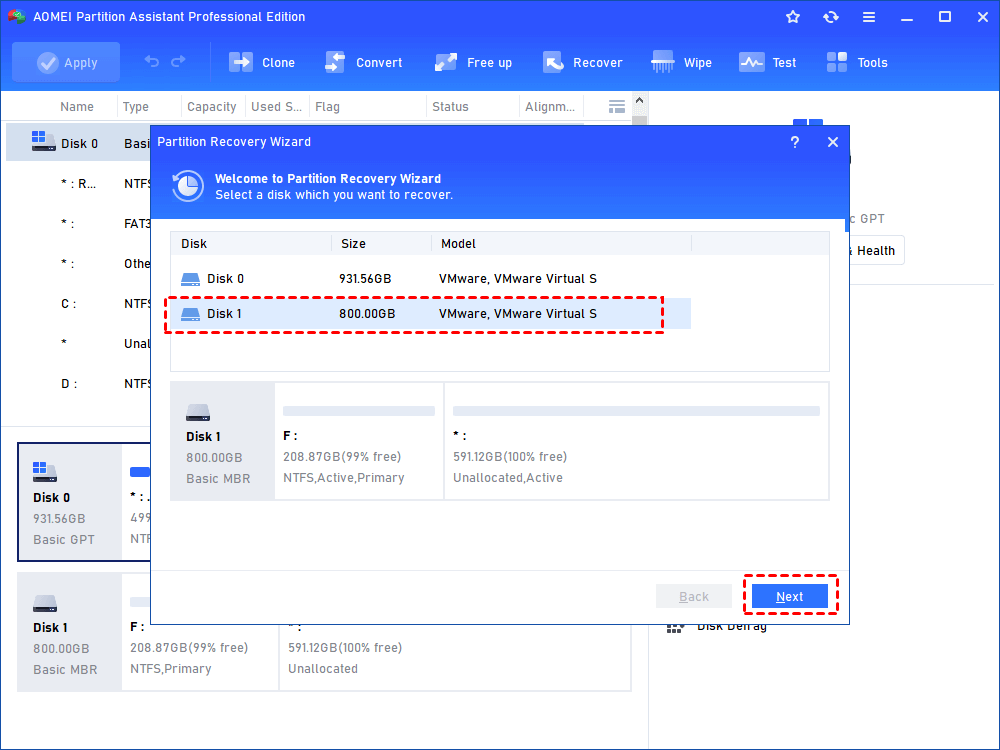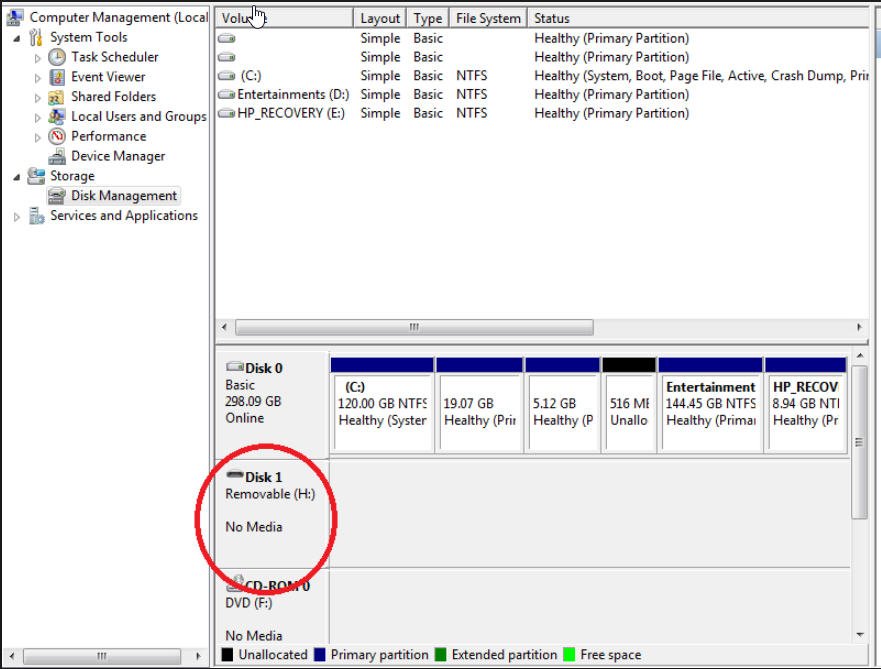

Incompatible drivers: Storage controller drivers might lack of compatible, or drivers are outdated or corrupted.Always have a check of connection first when installed SSD or hard drive not showing up. Connection issue: connection between SSD and motherboard might go wrong.As a result, the SSD won't be listed as a normal drive in Windows File Explorer.


It is easy to install a new SSD, for computers support to have multiple disks and do provide an extra SATA connection. Whereas users prefer to upgrade computer by adding an SSD, such as, migrating or reinstalling Windows 10 to SSD can greatly reduce the time of system booting or loading installed programs. The only shortcoming of SSD is that the price is higher than a hard drive. There are not moving parts inside an SSD, and files are stored on flash memory. Does that mean the SSD is broken since it even cannot be detected by BIOS? Any suggestion?"Īn SSD (Solid State Drive) is a storage device with faster read/write speed, lower temperature and lower power consumption than mechanical hard drives. Moreover, I opened Disk Management, the SSD not showing up there either. However, the SSD does not show up in File Explorer like other hard drives and external hard drives. I installed it on my computer by connecting it to motherboard. I bought a Samsung NVMe SSD with 512GB capacity. "Hello, I've been planned to upgrade my computer with an SSD, install a new SSD and then migrate Windows 10 to SSD. Solution #6: Check and repair bad sectors for SSD.Solution #5: Change SATA controller mode in BIOS.Solution #4: Run Hardware and Devices Troubleshooter.Solution #3: Initialize SSD in Disk Management.Solution #2: Update drivers for Storage Controller.Solution #1: Check cables and connections.How do I fix SSD not showing up issue in Windows 11/10/8/7?.


 0 kommentar(er)
0 kommentar(er)
